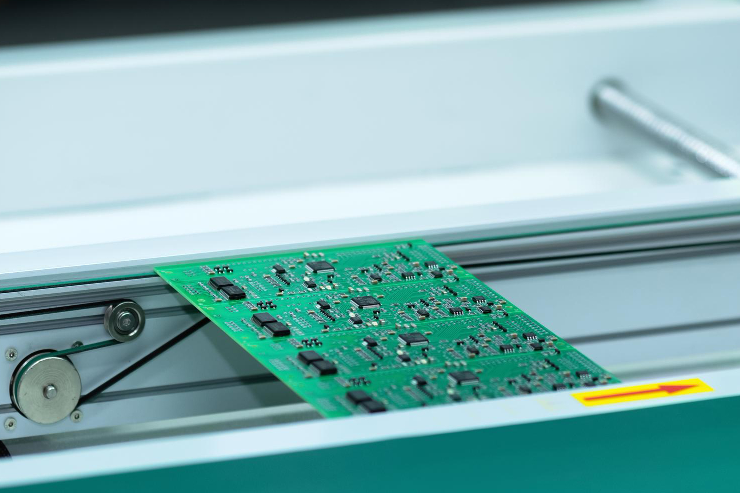The Importance of Recycling in Plastic Manufacturing - Building a More Sustainable Future Through Smarter Practices
- josh61940
- Sep 22, 2025
- 2 min read

Plastic is one of the most versatile materials in modern manufacturing, but it also comes with environmental responsibilities. As industries and consumers place greater emphasis on sustainability, recycling has become a cornerstone of responsible plastic production.
At Amey Plastics, we believe recycling is not just about reducing waste, it’s about creating smarter, more efficient systems that benefit both the environment and our customers.
Why Recycling Matters in Plastic Manufacturing
1. Reducing Waste
Recycling ensures that scrap, defective parts and end-of-life products don’t go to landfill. Instead, they are reprocessed into usable materials, keeping valuable resources in circulation.
2. Conserving Resources
Some virgin plastics are derived from finite fossil fuels. Recycling these where possible can support a reduced demand for raw petroleum, helping conserve natural resources and lower the industry’s reliance on non-renewable energy.
3. Lowering Carbon Footprint
Some methods of reprocessing plastic can use less energy compared to creating new materials from scratch. By thinking more creatively about recycling, manufacturers can support lower energy usage and even help reduce greenhouse gas emissions.
4. Meeting Customer and Regulatory Demands
Brands are under increasing pressure to demonstrate sustainability. Recycling supports compliance with regulations, such as packaging waste directives, while also helping businesses meet the expectations of eco-conscious consumers.
Types of Recycling in Plastic Manufacturing
Post-Industrial Recycling
This involves reusing waste generated during the manufacturing process itself. For example, trimmings, sprues or rejected parts are reground and reprocessed into new products.
Benefits: Clean, traceable material streams with high consistency.
Post-Consumer Recycling
This comes from products disposed of by consumers, such as bottles, packaging or containers, which are collected, cleaned and turned back into usable polymers.
Benefits: Keeps large volumes of waste out of landfill and supports circular economy initiatives.
Sustainable Practices in Modern Manufacturing
To make recycling effective, manufacturers are adopting a range of practices, including:
Closed-loop recycling systems: capturing and reusing all scrap material from production.
Designing for recyclability: creating products with end-of-life in mind, making them easier to break down and reuse.
Material optimisation: using advanced moulding techniques to minimise excess material in the first place.
Exploring bio-based and biodegradable options: complementing recycling with alternative sustainable materials where appropriate.
Amey Plastics and Recycling
At Amey Plastics, we work with both post-industrial and post-consumer recycled polymers, helping our customers reduce their environmental impact without compromising quality. We also advise on design-for-recyclability, ensuring products are made with sustainable lifecycles in mind.
Recycling as a Responsibility
Recycling is no longer an optional extra, it’s a responsibility shared by manufacturers, brands and consumers. By embedding recycling into every stage of the process, the plastic industry can reduce waste, conserve resources and help build a circular economy.
Looking to make your next project more sustainable?
Contact Amey Plastics today on 01730 266 525 or email sales@ameyplasticsltd.co.uk to explore how recycled materials and eco-friendly manufacturing practices can be incorporated into your product design.






Comments